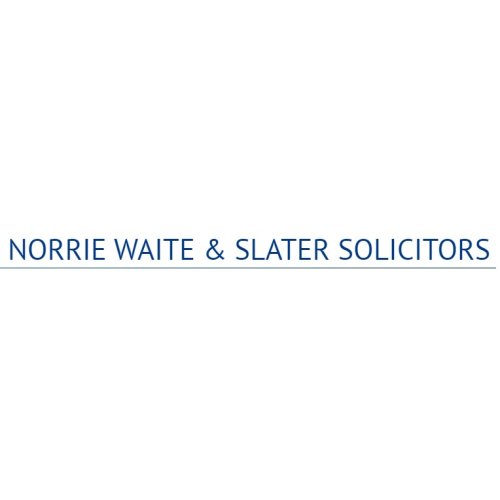Best Criminal Litigation Lawyers in Sheffield
Share your needs with us, get contacted by law firms.
Free. Takes 2 min.
List of the best lawyers in Sheffield, United Kingdom
About Criminal Litigation Law in Sheffield, United Kingdom
Criminal litigation in Sheffield, United Kingdom involves the process of addressing criminal charges in court. Defending against criminal charges can be a complex process, involving intricate rules and procedures. These can vary notably as the city adheres to English law, which is part of the broader UK legal system. As in other jurisdictions, individuals accused of a crime have the right to defend themselves, typically with the aid of a defence lawyer.
Why You May Need a Lawyer
Engaging a lawyer in criminal litigation is important for several reasons. You may require legal assistance if you are charged with a criminal offence, as a lawyer can build a defense and represent you in court. If you are the victim of a crime, a lawyer can provide advice and guide you through the court process. A lawyer can also assist in navigating complex legal aspects, protecting your rights, and advocating your interests. It's essential to have experienced representation to ensure a fair trial or to secure the best possible outcome in your case.
Local Laws Overview
In Sheffield, as in the rest of the UK, criminal litigation is governed by several important statutes including The Magistrates' Courts Act 1980 and The Crown Court Act 1987. These laws dictate the procedures and processes in criminal cases, including everything from the initial arrest and indictment, to the trial, verdict and sentencing. They also determine the different types of offences, which range from minor offences (summary offences) to serious crimes (indictable offences). Rules around evidence, rights of the accused, and conduct of the courtroom are also important aspects to consider.
Frequently Asked Questions
1. What is the role of a defence lawyer?
A defence lawyer's role is to defend their client against criminal charges, ensure their rights are protected and represent them to the best of their ability. This includes advising on legal rights, building a defence case, negotiating plea bargains if necessary, and representing the client in court.
2. How are criminal offences classified?
Criminal offences in Sheffield, UK are typically classified as 'summary offences', 'either way offences' or 'indictable offences'. This classification determines how a case is tried and the potential sentencing if convicted.
3. What does the litigation process involve?
The litigation process commonly includes arrest, charge, bail considerations, initial court appearance, plea, trial preparation, trial, and finally the verdict and sentencing.
4. What are my rights if I am accused of a crime?
If you're accused of a crime in Sheffield, you have a number of rights. This includes the right to legal representation, the right to remain silent, and the right to a fair trial.
5. What are the possible consequences of a criminal conviction?
The consequences can vary widely, depending on the nature of the offence. They can range from fines, community orders to custodial sentences (prison).
Additional Resources
Sheffield's local government, legal aid services, and local bar association provide resources that may assist individuals facing criminal litigation. The Crown Prosecution Service and Court and Tribunal Finder can help you understand more about the process of criminal litigation in the UK. Additionally, the Citizens Advice Bureau provides free, confidential advice on legal matters.
Next Steps
If you need legal assistance in criminal litigation in Sheffield, it's advised that you consult a lawyer as soon as possible. Provide them with all the details of your case, maintain clear communication and follow their instructions closely to ensure your rights are protected and for the best possible outcome in your case.
Lawzana helps you find the best lawyers and law firms in Sheffield through a curated and pre-screened list of qualified legal professionals. Our platform offers rankings and detailed profiles of attorneys and law firms, allowing you to compare based on practice areas, including Criminal Litigation, experience, and client feedback.
Each profile includes a description of the firm's areas of practice, client reviews, team members and partners, year of establishment, spoken languages, office locations, contact information, social media presence, and any published articles or resources. Most firms on our platform speak English and are experienced in both local and international legal matters.
Get a quote from top-rated law firms in Sheffield, United Kingdom — quickly, securely, and without unnecessary hassle.
Disclaimer:
The information provided on this page is for general informational purposes only and does not constitute legal advice. While we strive to ensure the accuracy and relevance of the content, legal information may change over time, and interpretations of the law can vary. You should always consult with a qualified legal professional for advice specific to your situation.
We disclaim all liability for actions taken or not taken based on the content of this page. If you believe any information is incorrect or outdated, please contact us, and we will review and update it where appropriate.












